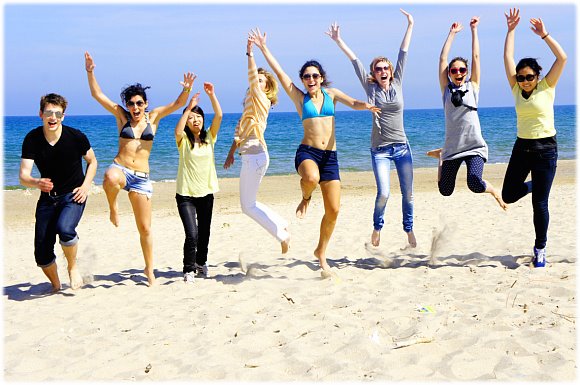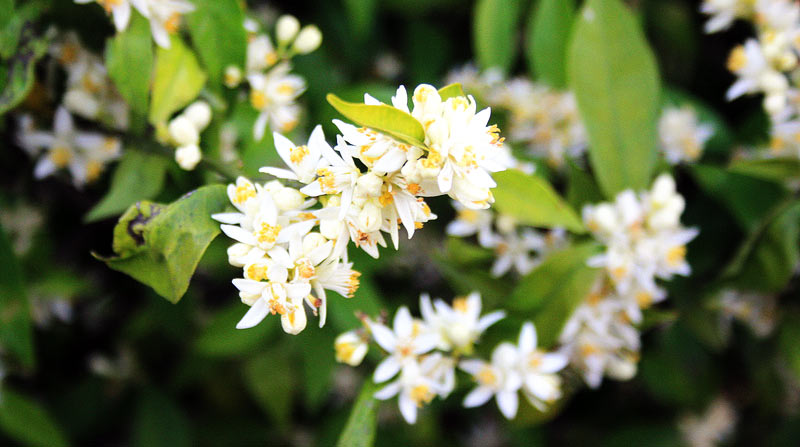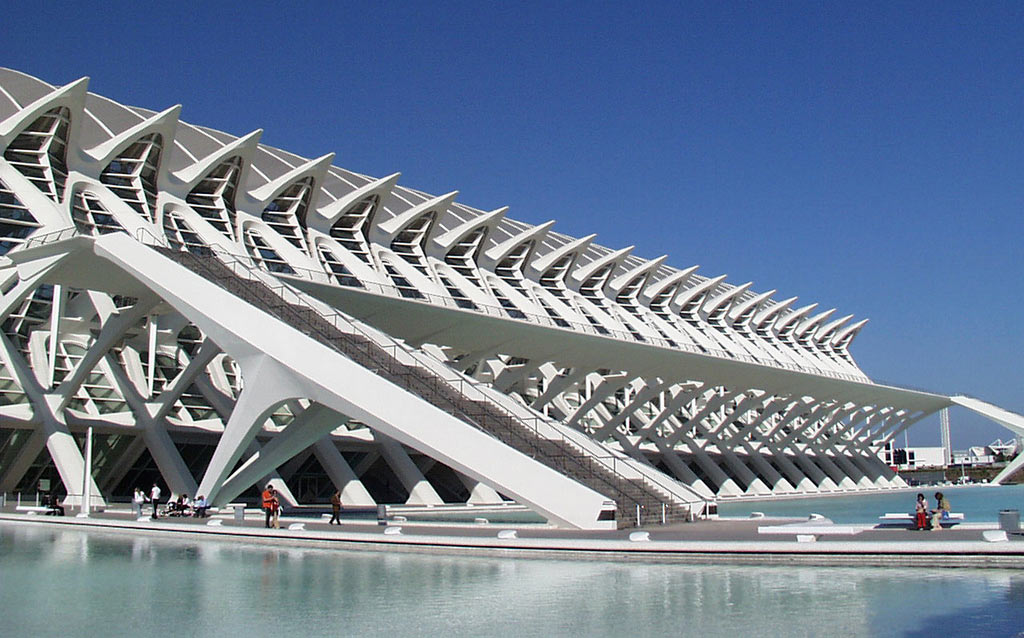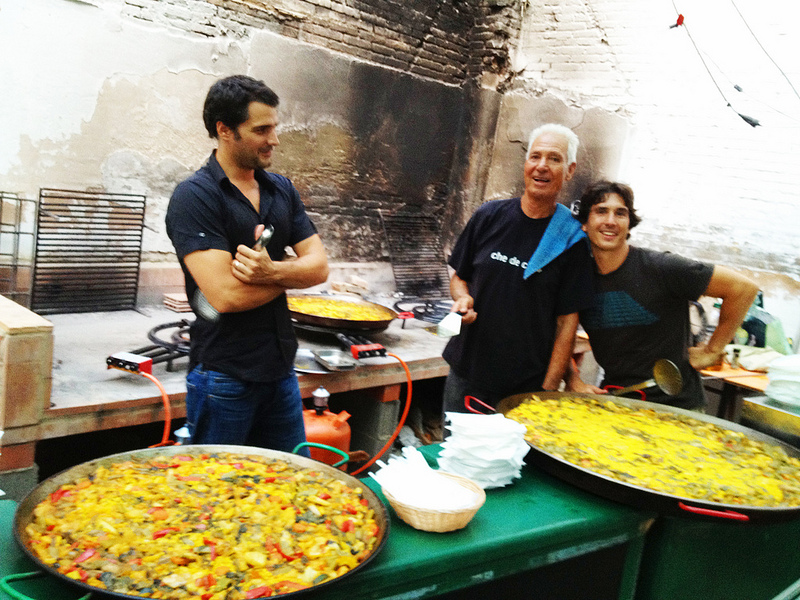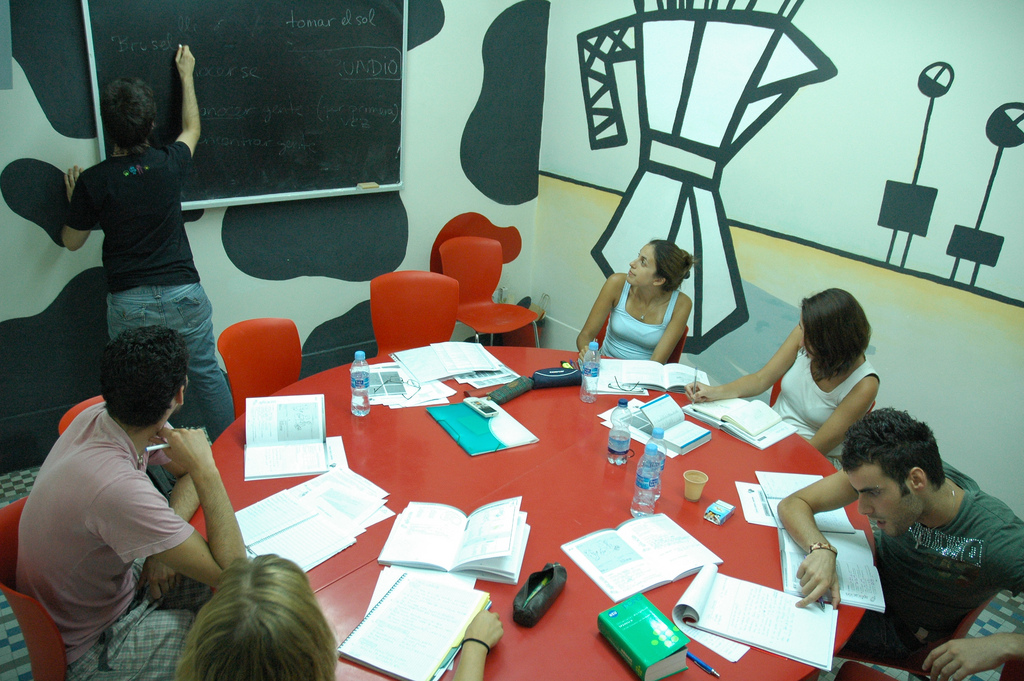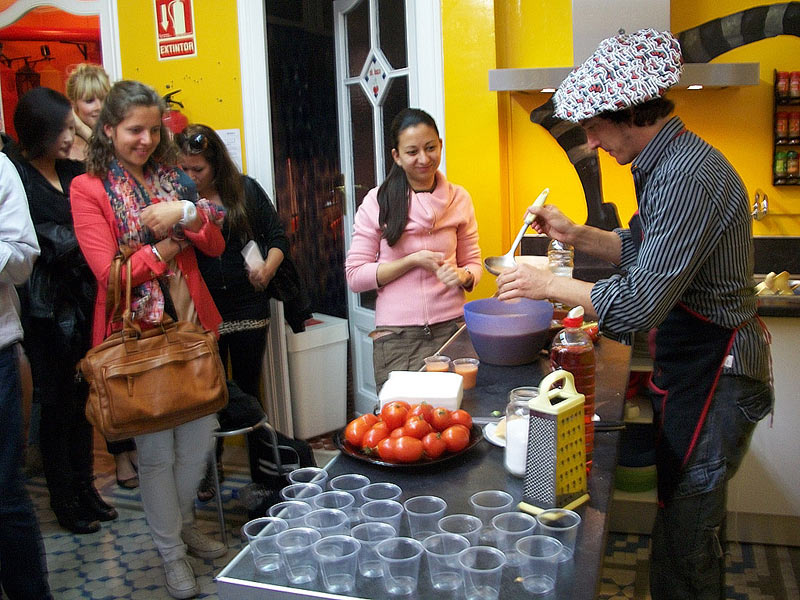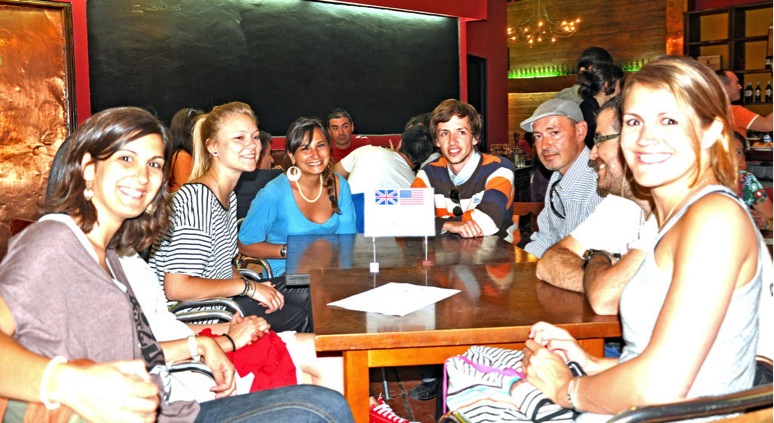Valencia on Spain’s Costa del Azahar – Orange Blossom Coast – is a destination with the zing of a fresh orange, the warmth of a summer’s day and the depth of a giant paella! Not only is it a vibrant city, but there are beautiful beaches too, and that addictive, easygoing Spanish vibe.
We caught up with Fernando Batalla from Escuela Taronja in Valencia to find out more about his school and why you should consider Valencia for your Spanish course in Spain.
ESL: What makes Valencia stand out as a destination?
Fernando: Valencia is one of the most beautiful cities in Spain. It may not be as famous among tourists as some other parts of the country, but that is only because it didn’t traditionally have a major focal point like the Sagrada Familia in Barcelona, so it wasn’t included on tours. That is changing now with the Ciudad de las Artes y las Ciencias, which is introducing people to the city and they are now exploring more.
It is not a huge metropolis like Madrid or Barcelona but it has all of the good things that come with a major city, such as an exciting cultural life every day of the week including nightclubs, music and theatre. But Valencia is also a nicely compact city, where you can get about easily thanks to excellent public transport. It has an established metro system and it only costs €3.50 on the metro from the airport to the city centre. There is also a public bike system with 300 stops and more than 4000 bikes! That only costs €18 per year.
This is a great city to study or live in. It is sometimes called the City of Light (Ciudad de la Luz) and there are more than 300 sunny days each year. The winters are mild and you regularly get days where the temperature reaches over 20°c even in the coldest months. The summer days are rarely uncomfortable because we have a beautiful, white sand city beach that is 15 minutes from the city centre on the Metro! And the summer lasts for 6 months from April until October…
ESL: Sounds good!
Fernando: Valencian architecture is similar to that in Barcelona but an advantage in Valencia is that people don’t speak Catalan, we speak Castilian Spanish. If you head out into the small villages in the countryside, you will hear the local Valencian language, which is a form of Catalan, but in the city we speak a very clear kind of Spanish. We are proud to be Spanish and Valencian.
The city is not as touristic as some parts of Spain. The students tell me that it feels authentic here. It is a clean, wealthy and safe city, where anyone can walk alone on the streets at night without worrying. But it is not especially expensive, especially compared to the larger cities or the northern cities. The location is something else that is very attractive here: Barcelona is 3 hours drive away, Madrid is 1¼ hours on the fast train and even Granada is only 5 hours away. In the summer, Ibiza is easily reached by boat (3 hours) or a budget flight in 30 minutes. Speaking of which, the city is easily reached by budget airlines from all over Europe, including most capitals – more than 60 budget destinations in total.
ESL: And of course there is the paella…
Fernando: One thing about Escuela Taronja is the food. I am Chef Nando! Every Tuesday we have a Paella Welcome Party where new arrivals can meet the other students and the school staff. Me, my colleague Maxi and my father cook two giant paellas each week: one is always vegetarian and the other changes each week. There are all different kinds of paella, not just the seafood one. We make black rice paella, paella valenciana with rabbit, chicken and duck, mixed paella… there are loads of varieties. The paella is free!
We also run food-related activities in class. Each Wednesday we have a cooking class with Chef Nando which is included in the price of the course and includes different Spanish dishes each week.
Every weekend we have a different activity and often in the summer this includes visiting local parties in the towns and villages around Valencia, like Xativa and Peñiscola. There is a real food tradition here and the region is called “Spain’s orchard” for a good reason. If you head inland there are rocky mountains, natural parks and areas for trekking – it’s beautiful!
ESL: What makes Escuela Taronja unique?
Fernando: Firstly, it is the best located school in Valencia. We are in the very centre of the city between the city hall and the bullring. We are surrounded by restaurants and shops, on one of the most prestigious streets in the city. It is pedestrianized too, so there is no traffic to worry about.
As the school has grown, we spent almost a year looking for new premises with more space, but we couldn’t find anything as nice as we already have… so we ended up expanding into a neighbouring building!
We have always tried to make our school stand out. The inside of the school has been decorated by artists to create a happy atmosphere. I guess this is a reflection of how I and the other owners of the school think – a stimulating, fun environment is important. We didn’t want a typical school and the decoration is part of that, but it is really only a start because it is what happens in the classrooms and social areas of the school that really matters.
All of our facilities are modern, including the classrooms, which each have a large screen with internet access. We have been Cervantes accredited since 2006 and are members of IALC.
The school’s philosophy and teaching structure are important. It is rare to find a Spanish language school that has a qualified teacher as a director. My fellow director Maxi has a degree in Spanish Language and Literature and oversees the work of the headmaster and teaching staff. Many schools are run by people who have little or no practical experience of teaching and this seems strange to me.
Our teaching staff includes young, energetic teachers who have not only teaching experience but the energy and enthusiasm to get involved in the social activities after work. They enjoy their work. This is an important part of our philosophy here; if I was a student, I would like to be able to meet my teachers for a beer after class. That’s part of Spanish culture and people like the Spanish way of life, which is partly about enjoying yourself!
ESL: Tell us more about the school’s activities programme
Fernando: We believe that the social aspect of a stay with us is as important as what you get in the classroom. We put as much effort into organising the activities programme as we put into classes.
We never outsource our activities. They are organised by us for our students. Our goal is not to make money from the activities we offer –we offer them at cost– but to stand out. For example each Friday during the summer we have a beach party for 80 people. That takes some organising! We also offer a weekend activity all year round, for example a one-day trip to another Spanish city. We run these in partnership with other local schools to ensure that we can offer interesting and exciting trips even during the quieter months.
We include five activities per week in the cost of the course and there are three people arranging activities: I am in charge and have two long term interns who help out. We always strive to do different, interesting things that stand out!
One popular thing that we do during the summer months is taking the students out to the small villages and towns in the mountains outside of the city so that they can sample authentic local life in this part of Spain. Other regular free activities include a tour of Valencia for new students each Monday, a weekly cultural class, the paella welcome party and Spanish cooking class with the great Chef Nando! On top of that, there are many optional activities each week, including bars, restaurants, discos, playing sports, concerts, theatre trips… and we are always open to suggestions.
ESL: How else do you get your students involved in local life?
Fernando: We run a Tandem Language Exchange programme which is really fun. It is the only way I have found to really get our students to meet and mix with the local people. We sit down around a table for two hours and everyone talks in their various languages. The event has been running for six years now and the Facebook group has more than 3,000 members.
Each week, the event has a special topic which is introduced by the teachers in class during the week. The cultural class each Thursday is usually related to one of the week activities.
The response of the local university students to the programme has been really impressive and more than 100 people come to the event each week… sometimes it is so busy that we have to turn people away! We are looking for a larger venue.
From July until the end of September it swaps for a tapas tour of the city because the local students are out of town.
ESL: As you know, we are passionate about Corporate Social Responsibility issues at ESL. How are you approaching CSR at Escuela Taronja?
Fernando: With the expansion we are currently going through it has been hard to find the time that this important topic deserves but we are aware it is something we need to focus on as the school grows. We are careful to recycle in the school and sort our paper, plastics and batteries, for example. One activity we have planned for this summer is a trip along the coast to El Saler, which is a beautiful area just south of the city. We will organise a free lunch with music for our students and people from the city and then spend a couple of hours cleaning the woods, which are sadly full of litter. I will dress as a superhero for the event!
ESL: Be sure to send us the pictures. Thanks Fernando!
Find out more about a Spanish course at Escuela Taronja in Valencia with ESL.
